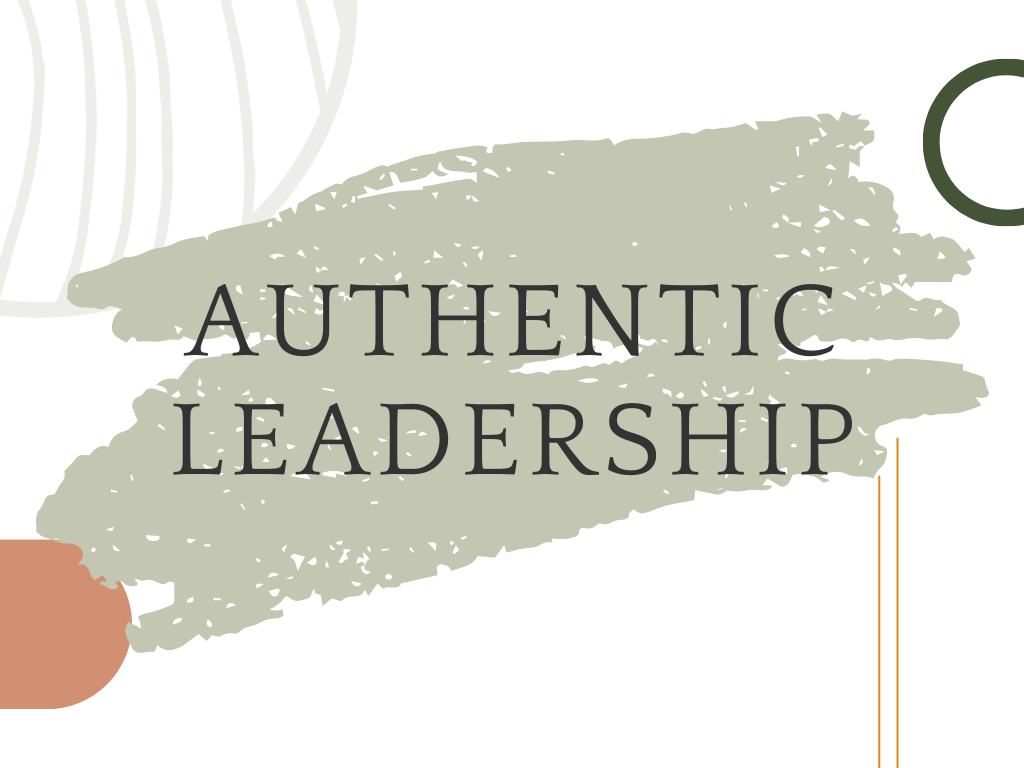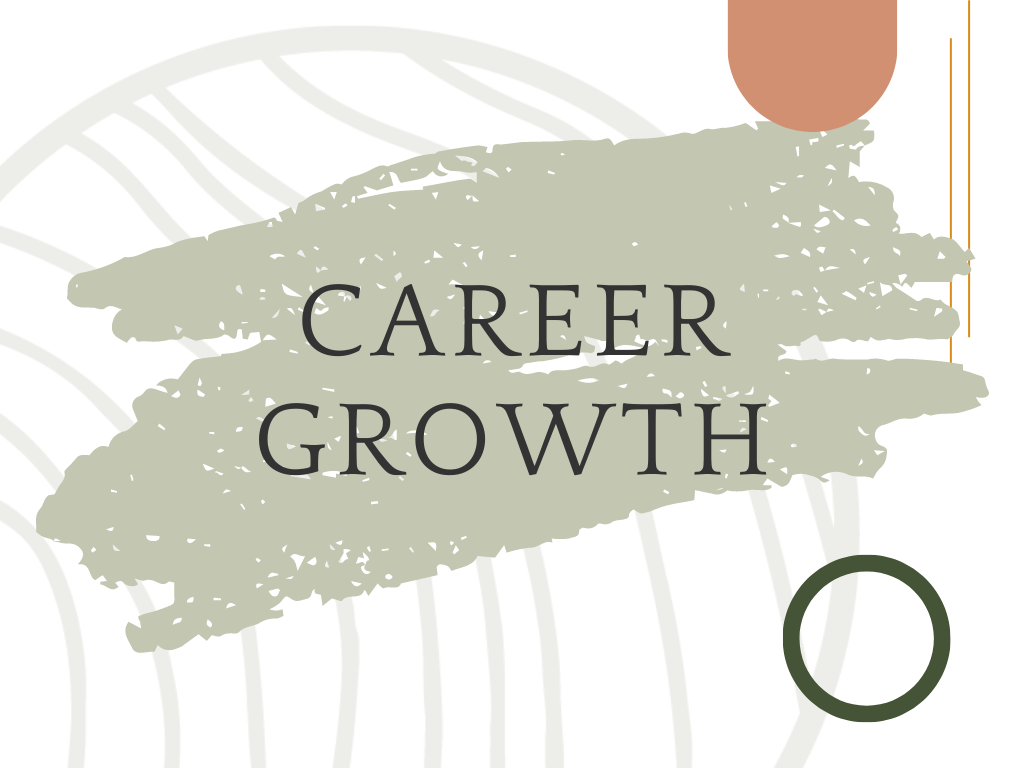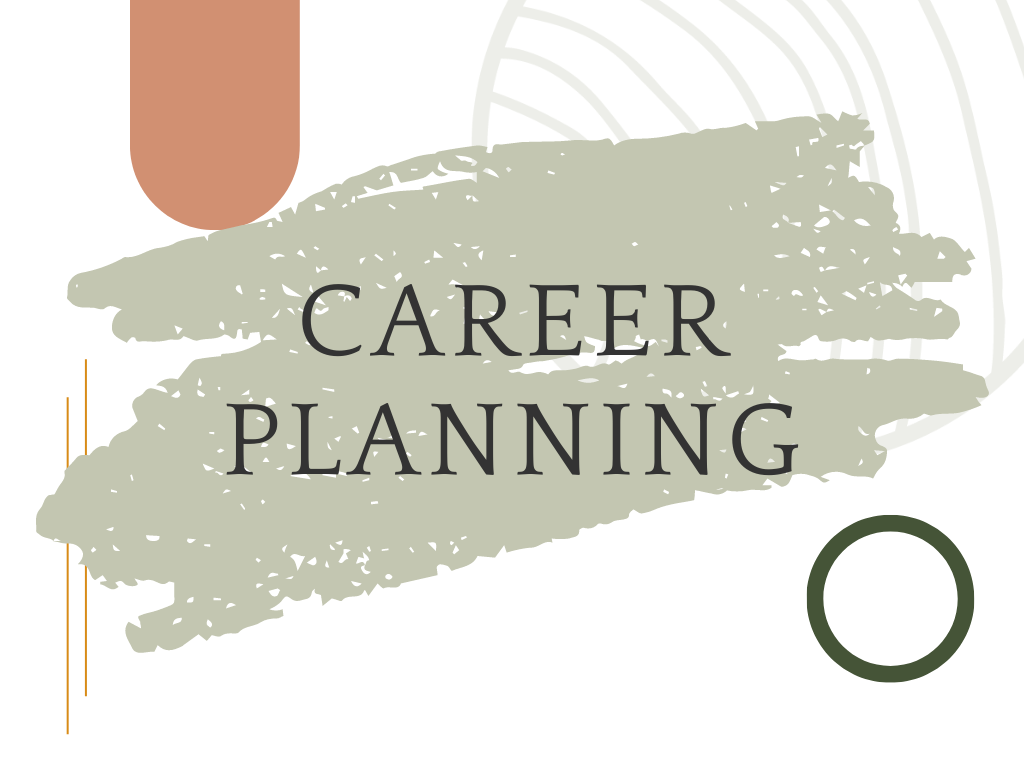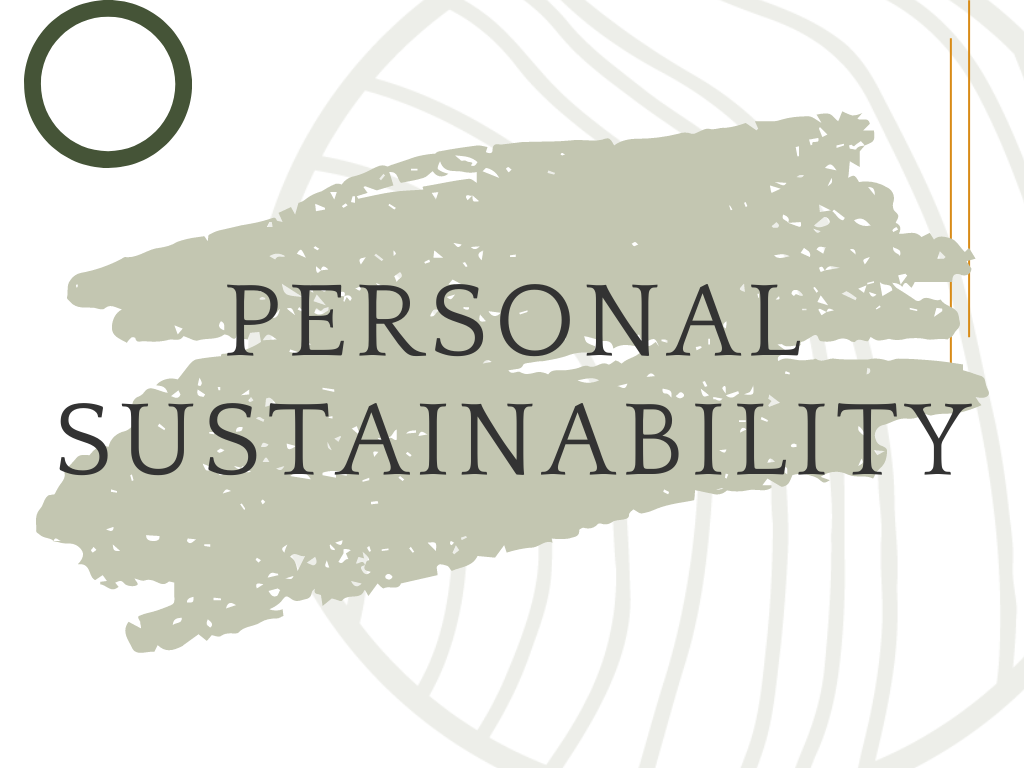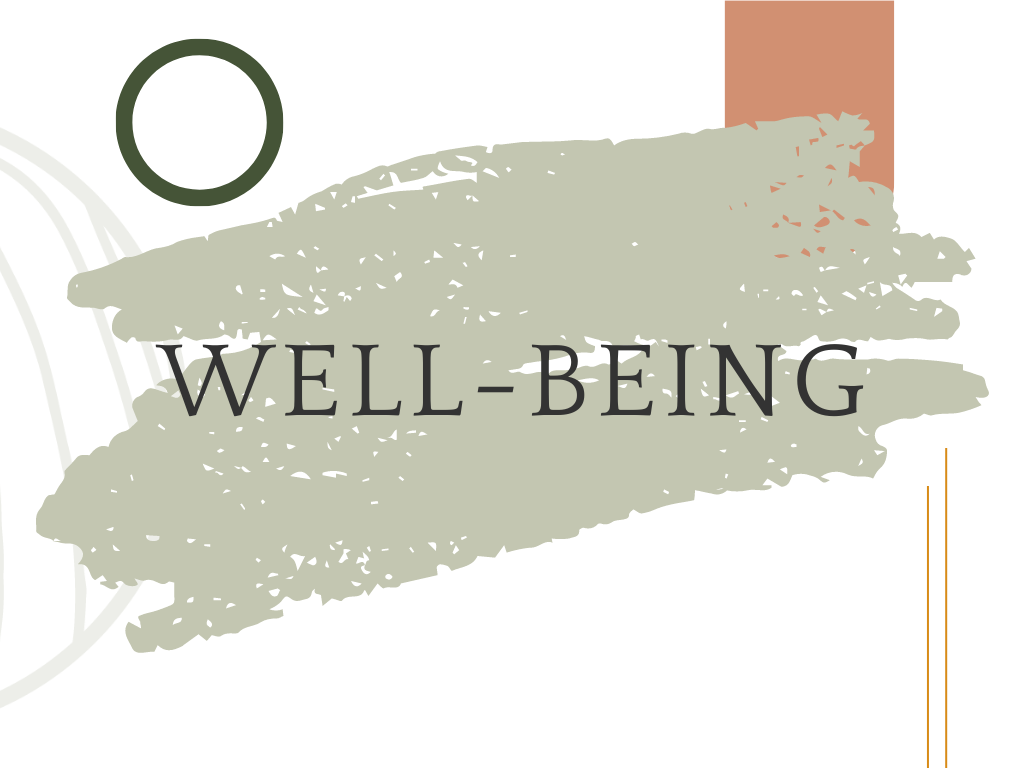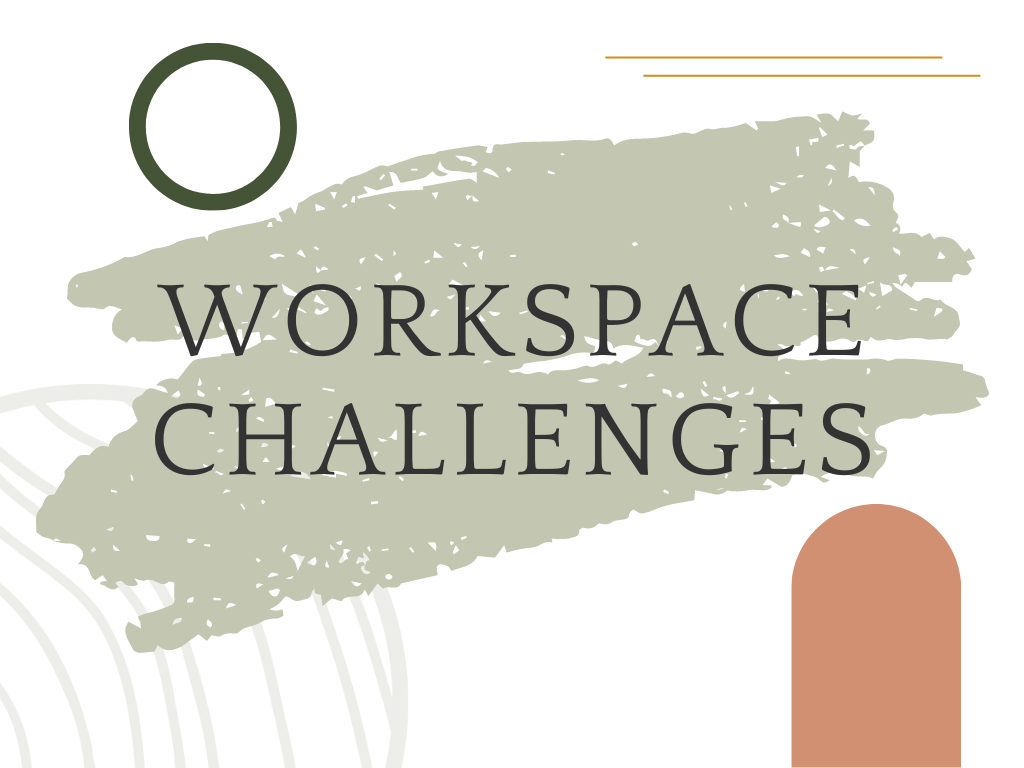
Start your journey to personal sustainability, discover well-being strategies, and achieve balance and happiness now!
Blog
What do you want to explore today?
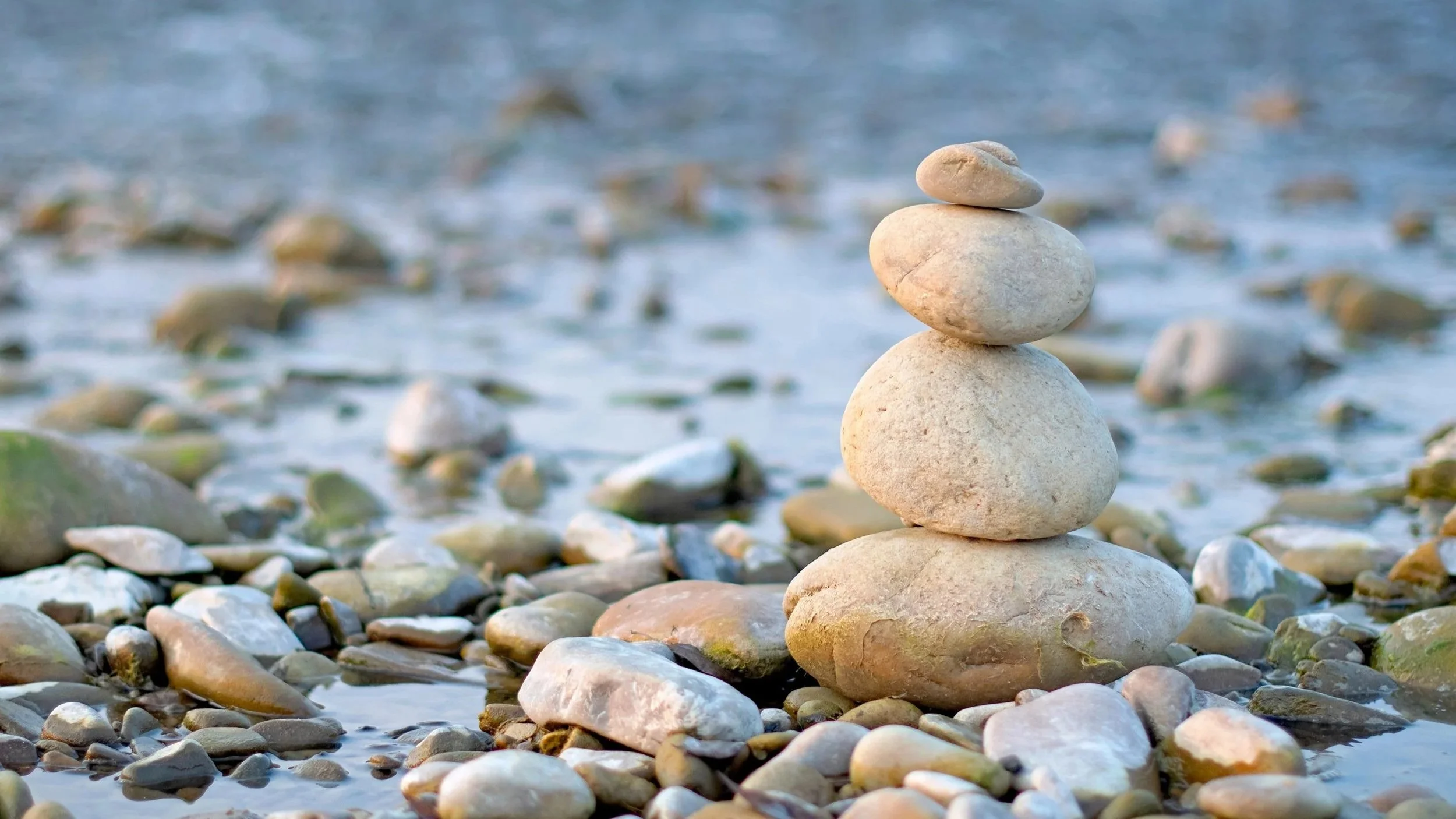
How Tiny Values-Based Actions Help Us Feel More Grounded In Chaotic Times
We’re living in what researchers now call a polycrisis — a convergence of economic, environmental, geopolitical, and social upheaval that creates a level of uncertainty many of us haven’t felt since 2020. It’s no wonder so many people feel untethered, overwhelmed, or unsure how to move forward.
While stress-reduction practices like meditation and exercise help, research suggests they may not be enough on their own. What does make a meaningful difference is something deceptively simple: taking small, values-driven actions.
Studies show that when people identify a value that matters deeply to them and take even one small action aligned with it, their sense of well-being increases — and the effect lasts. These actions don’t fix the world. They restore agency, direction, and a sense of who we are within uncertainty.
When the world feels chaotic, values-based action can become a powerful anchor.

Recharge Your Brain: A Leadership and Purpose Practice That Changes Everything
Most of us structure our days around endless to-do lists and back-to-back responsibilities, measuring productivity by how many boxes we tick off. But time isn’t our most valuable resource—energy is. When we run on empty, even the best plans fall flat. By the end of the day, we’re often exhausted, distracted, and detached from the work that once inspired us.
What if we designed our days around energy instead of time? Your brain, like your body, needs recovery to perform at its best. Intentional rhythms of “Go. Recharge.” can help you unlock sharper focus, deeper creativity, and sustainable productivity. Small shifts—like taking mindful breaks, connecting with uplifting people, or doing work that energizes you—help you lead and live more intentionally. Managing energy isn’t a luxury; it’s the key to showing up clear, confident, and calm.

What Is Flow at Work? Finding Purpose in Peak Performance
We’ve all had those days when we cross every task off our list yet still feel unfulfilled. The boxes are checked, but the sense of purpose is missing. That’s because productivity doesn’t always equal progress. True fulfillment comes when we step into flow, a state of deep focus and energy where we’re using our natural strengths and doing work that feels both meaningful and alive.
Flow isn’t something you force, it’s something you notice. It shows up in those moments when time disappears and your contribution feels effortless yet powerful. Whether you thrive by mentoring others, crafting strategies, or designing systems, flow is where your strengths and purpose meet. You won’t find it in your inbox, it’s found when you make space for the work that matters most. That’s where real impact, joy, and effectiveness begin.

Resilience at Work: How to Stay Grounded When Life (or the World) Gets Messy
n a world filled with uncertainty, stress, and change, resilience has never been more essential. It’s not a trait you’re born with—it’s a skill you can build through mindset, daily habits, and conscious choice. Resilience means recovering from challenges while holding on to your sense of purpose, hope, and strength.
Drawing on the powerful story of resilience researcher Lucy Hone, this piece explores what it truly means to “bounce forward” after hardship. From reframing adversity, to focusing your attention on what helps rather than harms, to practicing gratitude and self-compassion, resilience is something anyone can strengthen.
No matter what challenges you’ve faced—loss, burnout, stress, or uncertainty—resilience gives you the tools to rise again, grow stronger, and move forward with purpose.

How to Craft a Daily Well-Being Practice That Actually Sticks
Well-being is not a luxury—it is the foundation that helps you show up as your best self at work and at home. True balance comes from investing in small, intentional habits that support your mental and physical energy.
Start by choosing well-being practices that work for you: movement, rest, connection, learning, or laughter. Then make them stick by starting small, using cues and routines, and celebrating progress. Over time, these consistent choices shift your brain from reactive to resilient. Your well-being plan doesn’t have to look like anyone else’s. It’s yours to design—one small, meaningful habit at a time.

The New Workplace Imperative: Prioritizing Well-Being in an Uncertain World
Stress may be unavoidable, but we are not powerless. While we can’t control global uncertainty or workplace pressures, we can design lives and careers centered on well-being. True well-being goes beyond physical health—it includes emotional, social, financial, and community balance.
When you intentionally invest in your well-being, you build resilience and reclaim control. Even small shifts, like exercising, connecting with others, or setting boundaries, can strengthen multiple areas of life. The result is greater energy, engagement, and fulfillment. In a world where stress keeps rising, well-being isn’t a perk or luxury—it’s the foundation for thriving at work and beyond.

Creating Tiny Habits: How to Succeed with Mini-Habits
Big change begins with small steps. Mini-habits are tiny, manageable actions that help you build consistency without relying on willpower or motivation. Instead of forcing dramatic change, you work with your brain’s natural wiring, creating lasting progress through repetition and ease.
Start by choosing one simple habit, make it so small it feels effortless, and attach it to something you already do. Each small win builds momentum and rewires your brain for success. Over time, these micro-steps compound into meaningful transformation. The key to lasting change is not doing more, but doing small things consistently.

From Surviving to Thriving: How to Manage Your Energy, Not Your Tasks
Success is not about how much you do, but how well you manage your energy while doing it. Working longer hours does not guarantee better results. Just like a battery, your brain needs regular recharging to stay focused and creative.
By planning recharge periods, scheduling energy-boosting activities, and minimizing unnecessary drains, you move from burnout to balance. Managing energy helps you shift from your tired, reactive 1.0 self to your creative, focused 2.0 self. When you protect and renew your energy, you perform better, think clearer, and find greater fulfillment in both work and life.

How to Transition from Languishing to Thriving at Work and Home
Languishing is that “in-between” state where life feels flat and unfulfilling. It’s not depression, but it’s far from thriving. You might feel unmotivated, disconnected, or like you’re just going through the motions. Many experienced this feeling during the pandemic, but it continues to affect professionals who feel stuck or uninspired at work.
The way forward is through flow. Flow happens when you are fully absorbed in what you’re doing, losing track of time and feeling both challenged and alive. By focusing on mastery, mindfulness, and mattering, you can move from languishing to thriving and rediscover meaning in your work and life.

The real and surprising role of purpose in your conservation careeR
Working in conservation or sustainability often feels deeply purposeful on the surface, yet many professionals quietly struggle to connect their personal sense of meaning to their organization’s mission. It’s possible to champion global change while feeling detached from the daily work that fills our calendars.
Rediscovering purpose begins with reflecting on how you personally create impact. Purpose is not found only in grand achievements but in the smaller, meaningful moments of contribution—analyzing data, collaborating with partners, or mentoring a teammate. When you align your unique strengths with your organization’s mission, your work transforms from obligation to authentic purpose.

The Power of the Work Break: What Might Surprise You
Modern workdays can feel relentless with nonstop meetings, messages, and endless to-do lists. Yet the secret to sustaining energy and focus lies not in working harder but in taking intentional breaks. The right kind of pause can reset your mind, reduce stress, and improve performance.
Effective breaks are about quality, not quantity. Step away from your desk, breathe deeply, or take a short walk outside. Avoid mindless scrolling, which drains more than it restores. By designing daily and even vacation breaks with purpose, you can reclaim focus, improve well-being, and return to your work with clarity and renewed motivation.

Nurturing Personal Sustainability: Balancing Your Well-being While Saving the Planet
Many environmental professionals are devoted to protecting the planet but often overlook their own well-being. True sustainability begins with you. Personal sustainability means nurturing your physical, mental, and emotional health so that you can thrive while contributing to meaningful change.
By practicing self-awareness, mindfulness, and balance, you can sustain your energy and purpose for the long term. Prioritize rest, connection, and joy with the same dedication you bring to your work. When you care for yourself, you strengthen your capacity to care for the Earth. Your well-being is not separate from your mission—it is an essential part of it.

From Scattered to Collected: 3 Steps to an Intentional Work Week
If you start your workday feeling swept up by meetings and constant demands, you’re not alone. Many professionals spend their weeks reacting instead of leading with intention. The result is a full calendar but an empty sense of accomplishment. True productivity is not about doing more—it’s about doing what matters most with clarity and focus.
By taking small, deliberate steps like clarifying your priorities, setting intentions for how you want to show up, and creating white space to think, you can regain control of your workweek. Intentional action replaces reactivity, helping you feel more centered, effective, and fulfilled.

It’s time for managers to focus on well-being – not just burnout.
The past few years have reminded us that well-being is not a luxury—it is essential. Burnout, stress, and blurred boundaries between work and life have exposed how deeply our personal and professional well-being are connected. Yet many workplaces still treat them as separate.
True well-being goes beyond wellness programs or gym stipends. It encompasses career satisfaction, meaningful relationships, financial stability, physical health, and a sense of community. When organizations prioritize these elements, engagement, performance, and fulfillment rise together. Supporting the whole person is no longer optional—it is the foundation of a thriving, resilient, and sustainable workforce.

Create Your Own Brilliant Morning Routine – Grab Your FREE Workbook Here!
How you begin your morning can shape your entire day. A calm, intentional start sets the tone for focus, productivity, and balance. Even a simple 15-minute routine can help you feel grounded, prepared, and in control before the day’s demands begin.
A morning routine is not about perfection. It is about creating space to center yourself, reflect, and set clear intentions. Whether it is journaling, stretching, or enjoying a quiet cup of tea, those first moments can transform how you show up. When you give yourself time in the morning, you create better days—and ultimately, a better life.

End Overwhelm and Stress at Work: Mindfulness Practices that Take Less than 5 Minutes
In a world flooded with information, it’s easy to feel distracted, anxious, and constantly behind. Emails, notifications, and endless demands can leave us running on autopilot. Mindfulness offers a way to pause and regain control of your focus, energy, and calm.
Mindfulness is not about emptying your mind. It is about paying attention—being aware of what is happening within and around you. By taking short moments throughout your day to breathe deeply, notice your posture, or savor your lunch, you strengthen your ability to stay grounded and intentional. A few mindful minutes can completely change how you experience your day.

